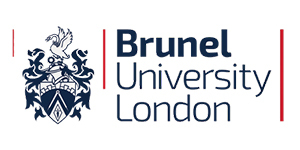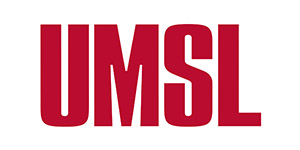Programme Type: Postgraduate
Course Overview
In particular, in the field of Crisis Management and Conflict Resolution, the program aims to provide students with the epistemological and theoretical background of the approach of conflicts, conflicts, confrontations, war situations by states and third parties involved in the crisis in a broad perspective, examining the dynamics the perspectives and practical problems mentioned in the expanded grid of modern international, transnational, interstate, ethnic and inter-communal crises.
Through case reports, emphasis is placed on issues, mechanisms, practices of forecasting, avoiding, managing, regulating, and resolving conflicts and crises, while at the same time understanding the conflicts and crises with reference to international and socio-political processes in the institutions and level and the structural cultural differences that are the causes of crisis and conflict.
Theoretical schemes, hypotheses and positions arising from them are developed in the field of knowledge, such as for example security and peaceful cooperation based on the dominant modern analytical approaches of international politics and the theory of international relations.
In the Strategy specialization, the program aims to provide a comprehensive approach to the concept, term and nature of strategy and the evolution of strategic studies from antiquity to the present, incorporating classical models of strategy development, objectives, means, tactics, and results, but also contemporary security and topical issues, such as the changing nature of the international system, the emergence of non-state actors, new forms of war, terrorism, organized crime, cybersecurity, nuclear proliferation, information services etc.
LEARNING OUTCOMES
The Program provides training and specialization to young scientists who will acquire the necessary equipment to:
- Familiarize themselves with the basic theoretical forms of international relations and international political economy and interpret according to the dominant approaches phenomena of previous and modern world importance.
- They develop critical thinking and analytical ability in terms of the role, importance, and interaction and interconnection of state actors, macroeconomic variables, strategy and prevention, avoidance, conflict management.
- Recognize and evaluate the functioning of political leadership and foreign policy, decision-making teams, elites, and the media in crisis planning and management.
- The project and contrast different perspectives on the foundation of the argument/arguments / key research questions, adopting and defining a specific and clearly defined methodology and method.
- They publish scientific texts of academic standards, which are subject to specific rules and regulations.
Entry Requirement
Admission Requirements:
Applicants can apply to the program only following a relevant call.
Applicants should submit:
- A cover letter clearly stating the graduate degree the candidate wishes to apply for.
- A completed application form obtained from the Admissions Office.
- A Curriculum Vitae indicating the student’s education, academic and research experience, any publications, awards, etc.
- A short statement (at most two pages long) stating the reason the candidate wishes to join the program, the candidate’s professional and research experience, future goals, etc. The statement should clearly state the broad research area that the student is interested in. The area should be within the listed areas of interest in the current call.
- Two letters of recommendation from academic or professional advisors.
- Copies of up to three representative publications, if any.
- Copies of all degrees and transcripts.
- Copies of any other supporting material, such as exams, honors, awards, etc.
Additionally, each call specifies the academic domains of interest and specific admissions details.
Candidates for a master's degree must submit a recognized bachelor's degree or qualification deemed to be equivalent to degree level as well as the official transcripts (grade reports) of their first-degree studies. In addition, there could be special requirements for various master programs.
Transfer Admission
Candidates who have completed university graduate-level work in an accredited program at an institution other than Frederick University, are eligible to apply for transfer admission. Such candidates should, along with their application form, submit the official transcripts (grade reports) and syllabi (course descriptions) for all graduate-level work completed.
Transcripts are evaluated by the relevant Department to determine the number of credits to be transferred in accordance with the Frederick University curriculum requirements and the candidate's academic performance.
English language Requirements:
Good knowledge of the English language is required for all programs of Frederick University taught in English.
Students whose native language is not English will have to take the Frederick University English Placement Test (FUEPT). Students who are qualified for exemption from the English Language Courses should apply to the Center of Languages with the necessary documentation.
Students who are not competent in the English language are required to take special English classes to improve their skills and, when necessary, they will take a reduced load for that semester. Students who may need more vigorous preparation will take an intensive course in English before enrolling in a regular program. Intensive courses commence at the beginning of the fall and the spring semesters.
Fees
FOR WHOLE PROGRAM 90 ECTS)
€9000
This information was accurate on : 02/04/2021
Please contact us for more information about this courses



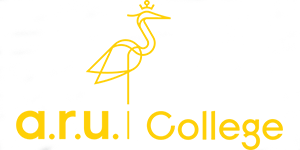
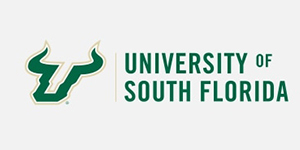
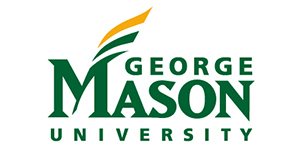

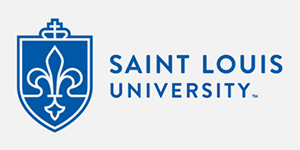


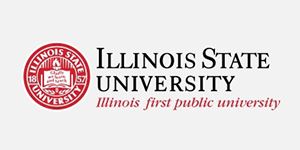
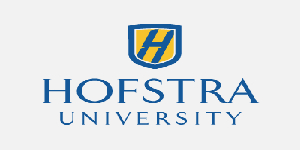
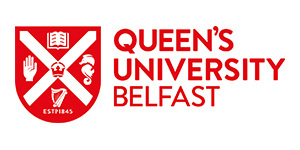



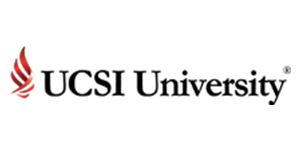
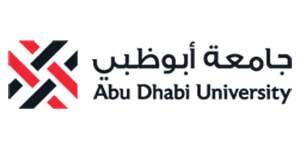
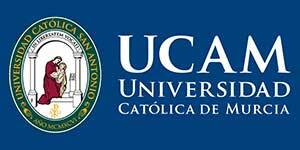
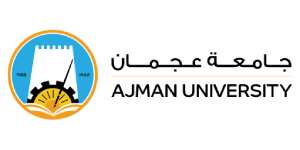
.jpg)

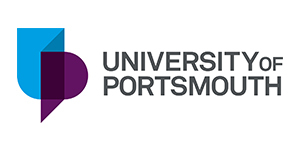
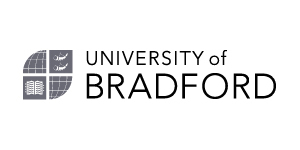
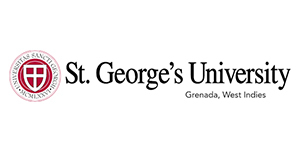

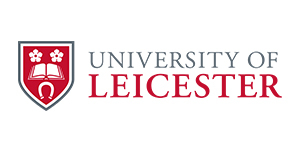
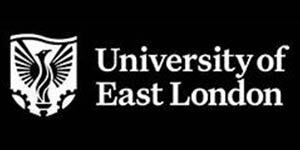
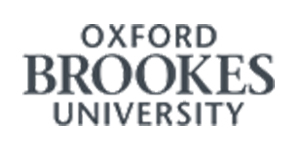










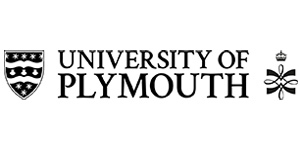
.jpg)
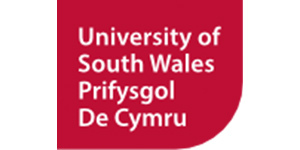


.jpg)

